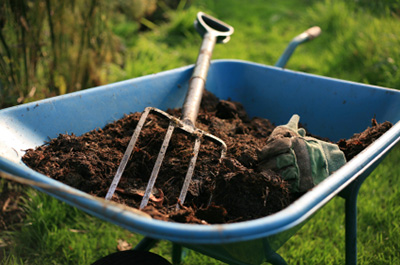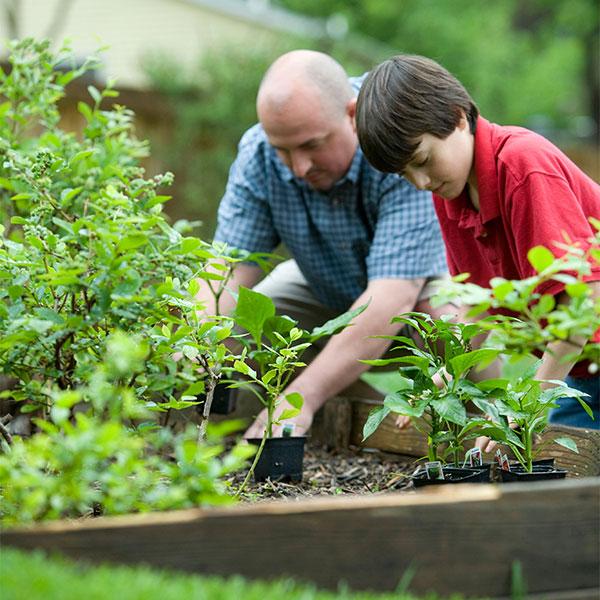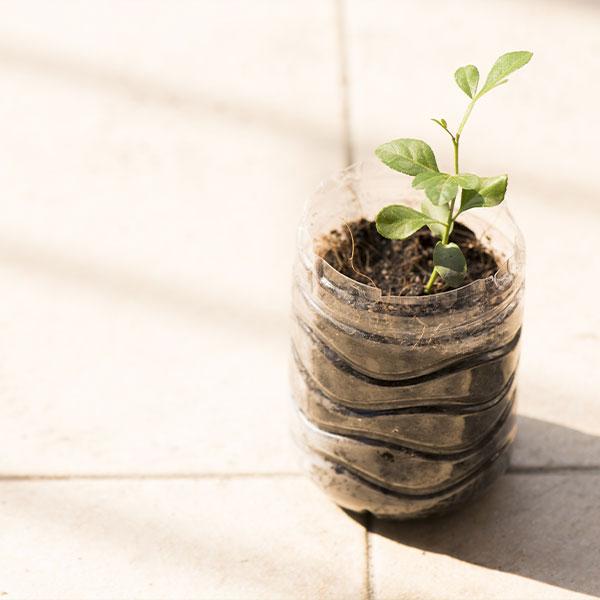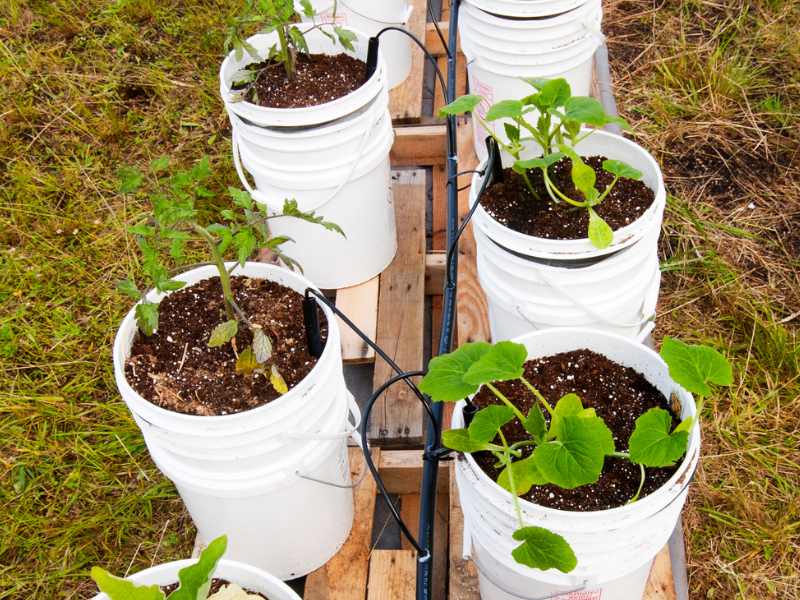Mother Nature has been perfecting the art of composting for millennia, breaking down organic material into nutrient-rich soil that supports new life. You can harness this process to save money, enrich your garden, and promote self-reliance. Composting not only reduces pest problems and pesticide use but also improves soil moisture retention. Let’s dive into how you can start composting effectively.
How to Compost
Composting is a natural process, but you can accelerate it by following these steps:

- Choose a dry, shady spot for your compost pile. Ensure it’s close to a water source and near the area where you plan to use the compost.
- Gather organic materials like grass clippings and fruit peels. Chop them into smaller pieces for faster decomposition.
- Start with a 6-inch layer of carbon-rich materials like shredded paper or dried leaves. Moisten the layer to the consistency of a wrung-out sponge.
- Add a 3-inch layer of nitrogen-rich materials such as kitchen scraps or fresh grass clippings. Maintain a 3:1 ratio of carbon to nitrogen materials for optimal results.
- Alternate layers of carbon and nitrogen materials until the pile is at least one yard wide to generate sufficient heat.
- Sprinkle a handful of healthy garden soil or finished compost on top to introduce beneficial microbes.
- Turn the pile every 1-2 weeks using a pitchfork to ensure even moisture distribution and heat regulation.
- As the pile decomposes, you might notice odors or steam—this is a sign that it’s working.
What Can I Use to Compost?
Effective composting requires a balance of nitrogen-rich ("greens") and carbon-rich ("browns") materials. Here are some examples:
| Nitrogen-Rich Materials | |
|---|---|
| Table Scraps | Use with dry carbon items |
| Fruit & Vegetables | Use with dry carbon items |
| Grass Clippings | Add in thin layers to prevent clumping |
| Chicken Manure | Excellent activator |
| Carbon-Rich Materials | |
|---|---|
| Leaves | Shred them for faster decomposition |
| Wood Chips | Use sparingly |
| Newspaper | Avoid colored or glossy paper |
| Cardboard | Shred for quicker breakdown |
Tips for Successful Composting
Avoid adding meat, bones, or dairy products to your compost pile. These items decompose slowly, attract pests, and can create unpleasant odors.
Share Your Composting Experience
Have you tried composting? What tips do you have for beginners? Share your thoughts and experiences in the comments below!













